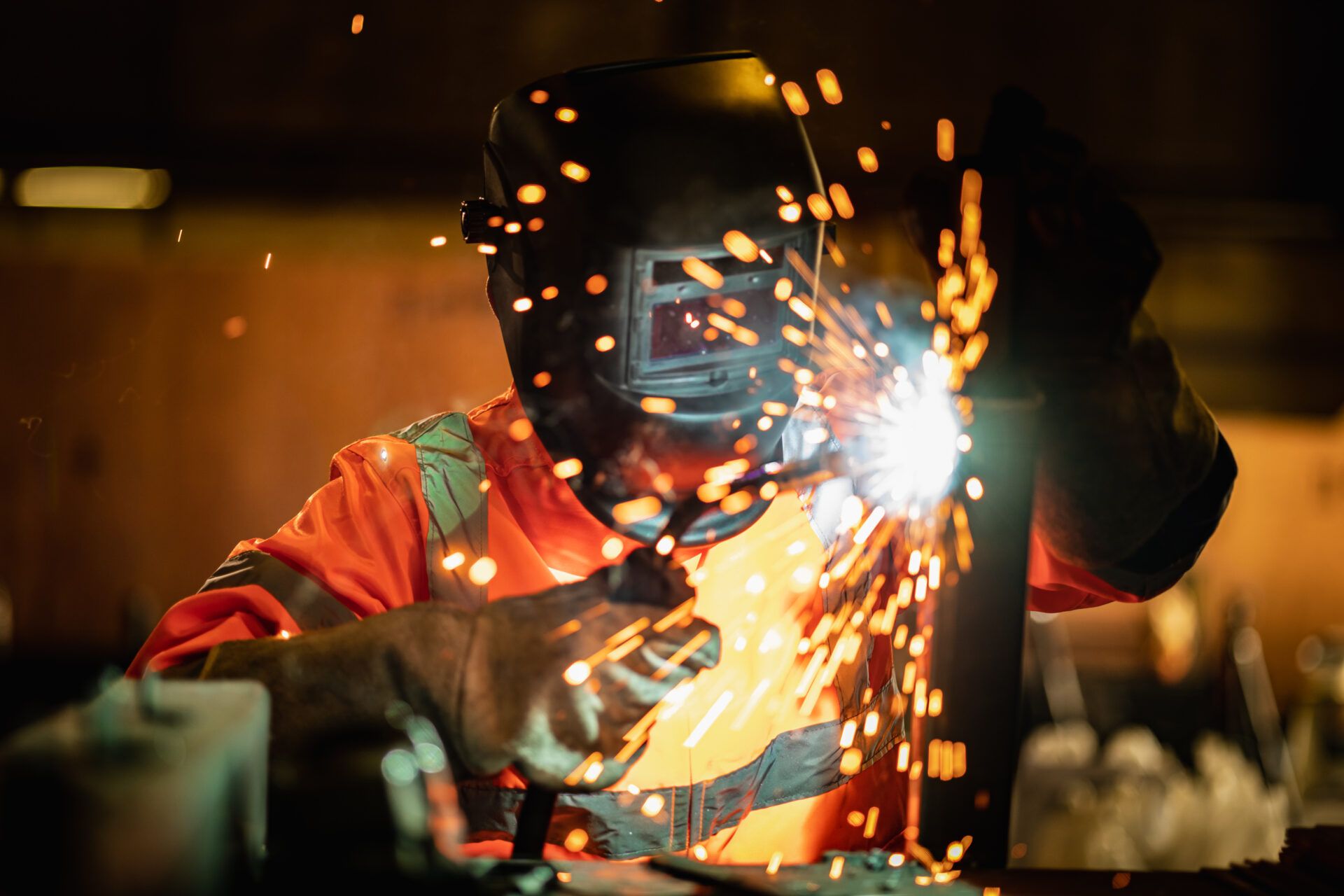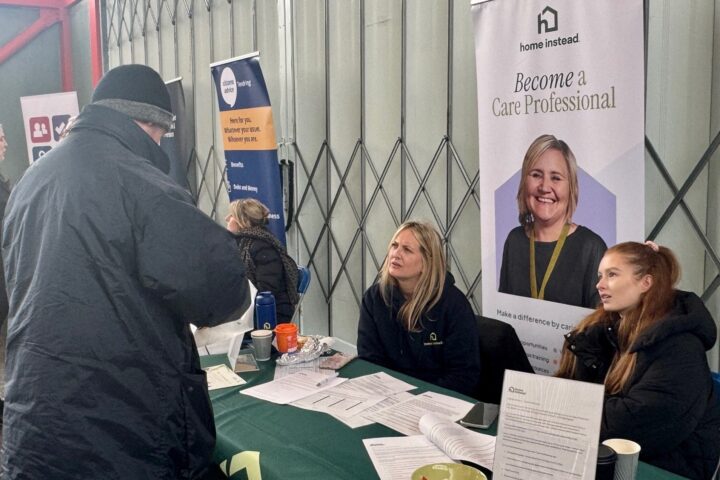Manufacturing output volumes were broadly unchanged in the quarter to April as cost pressures grew and the global outlook weakened, research from CBI has found.
Research revealed that output dropped in the three months to March, with a weighted balance of -2% (from -18%).
Firms expected volumes to drop by -5% in the quarter to July.
Domestic new orders fell by -13% (from -20%), while export orders dipped 4% (from -23%).
Firms expected domestic orders to fall 11% (from -33%) and exports by 18%, unchanged from January.
Additionally, total order books stayed below “normal” but improved to -26% (from -29%).
Export order books slipped sharply to -41% (from -29%), the weakest since December 2020 apart from November 2024’s -44%.
Business sentiment weakened by -33% from -47%, and export optimism for the year ahead fell by -35% from -41%.
Furthermore, employment fell at the fastest pace since October 2020, down 16% (from -8%), with firms expecting a further 11% cut in the quarter to July.
Average costs rose 48% in the quarter to April (from 43%; long-run average 19%) and were expected to accelerate to 57% in the quarter to July.
Domestic prices rose 13% (from 2%) and export price inflation was broadly flat at 3% (from -5%).
Domestic prices were forecast to rise 23% in the quarter to July, while export prices were expected to be unchanged (0%).
Stocks of work in progress and finished goods fell by -5% and -4% respectively, while raw material stocks rose 4%.
Manufacturers expected stocks of raw materials to fall by 11%, work in progress by 10% and finished goods by 6% in the three months to July, though at a slower pace than firms anticipated in January when all three were expected to fall at their fastest rates in four years.
Ben Jones, lead economist at CBI, said: “The recent downturn in manufacturing output appears to have eased, but manufacturers still seem gloomy about their prospects amid rising costs, an expected decline in new orders and heighted uncertainty around global economic conditions.
“The combination of financial pressures, market instability and falling confidence is leading manufacturers to cut back employment and investment, with plans for spending on buildings, equipment, innovation and training all taking a hit.
“The wider geopolitical environment is becoming increasingly challenging for exporters, with export optimism falling sharply for a second successive quarter and export order volumes now hovering around post-pandemic lows.”
Jones added: “The Government is right to make the case for global free trade, with the Chancellor in Washington this week at the IMF spring meeting reaffirming that commitment.
“The uncertainty around global economic conditions only increases the importance of getting it right in domestic economic policy.
“Firms are already feeling the cumulative burden of rises in NICs and the National Living Wage – and tariffs represent another headwind for the business sector.”
He said: “The Government needs to view every decision through the lens of kickstarting growth and incentivising investment.”

















